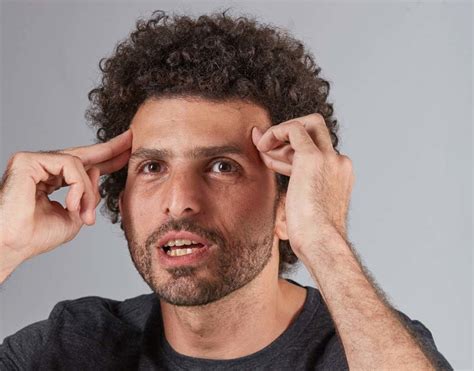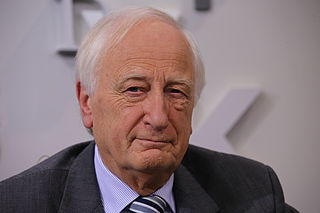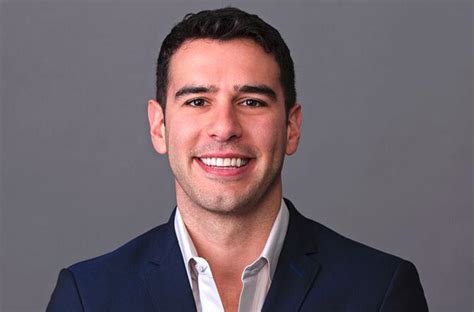A Quote by Clive Lewis
I think many of the virtues and values of the army are very similar to the virtues and values of socialism, of the Labour Party. It's about looking out for each other, it's about working as a team, it's about understanding.
Related Quotes
Sometimes a politician gets up and talks about British values and what we think that means, and we can be knocked down quite harshly, but I don't think we should be. I think we should be able to talk about British values and about immigration without people saying, 'Oh, you're just being like a crazed other party.'
When we talk about values, I think of rationality in solving problems. That's something I value. Fairness, kindness, generosity, tolerance. That's different. When they [Conservative right wing Republicans] talk about values, they're talking about things like going to church, voting for Bush, being loyal to Jesus, praying. These are not values.
I think that when you start your own business you have to be very clear on what you're passionate about and what your values are. I was very passionate about travel and I wanted to inspire other people. At the same time, I knew if I was going to start my own business, it was going to have to mirror my values, and I knew I was passionate about the environment and about sustainability.
It is easy enough to say, Be true to your values. But what if your values are irrational? Or what if the virtues you have committed yourself to are so much against human nature that they cannot be practiced consistently? Be careful of what you accept as your code of morality. Think carefully about whether its tenets serve your life and well being. Exercise critical judgment. Realize how much is at stake-your life, your happiness, your self-esteem.
I think the Democratic Party is firmly in the wilderness right now and doesn't know exactly what to do. We talk about trust. Fundamentally, the American people have lost a lot of trust in both parties, but in particular, my party. Growing trust is a very simple calculation: People want to know what your values are, and they watch your behaviors. If your behaviors align with your values, then they trust you. If you say I'm for the people, but we're just as bought off as the other party, or we say we're for fairness, but we gerrymander just like the other side, people see.
Germans argue with the Americans about many things, from the death penalty to the relationship between security and freedom. We have to be honest about these differences. And yet, whenever we quarrel with the Americans, it amounts to controversies over different interpretations of values we share. You can't say that about Russia. Vladimir Putin fundamentally questions Western values.
Maybe it’s not, in the end, the virtues of others that so wrenches our hearts as it is the sense of almost unbearably poignant recognition when we see them at their most base, in their sorrow and gluttony and foolishness. You need the virtues, too—some sort of virtues—but we don’t care about Emma Bovary or Anna Karenina or Raskolnikov because they’re good. We care about them because they’re not admirable, because they’re us, and because great writers have forgiven them for it.
As our values are the core to who we are as human beings, they are also the easiest way to identify and connect with others in meaningful ways. Think about it - most political campaigns are based around values. Barack Obama's 2008 election campaign galvanized millions of youth behind two very clear values - hope and change.
The modern world is not evil; in some ways the modern world is far too good. It is full of wild and wasted virtues. When a religious scheme is shattered (as Christianity was shattered at the Reformation), it is not merely the vices that are let loose. The vices are, indeed, let loose, and they wander and do damage. But the virtues are let loose also; and the virtues wander more wildly, and the virtues do more terrible damage. The modern world is full of the old Christian virtues gone mad. The virtues have gone mad because they have been isolated from each other and are wandering alone.
































